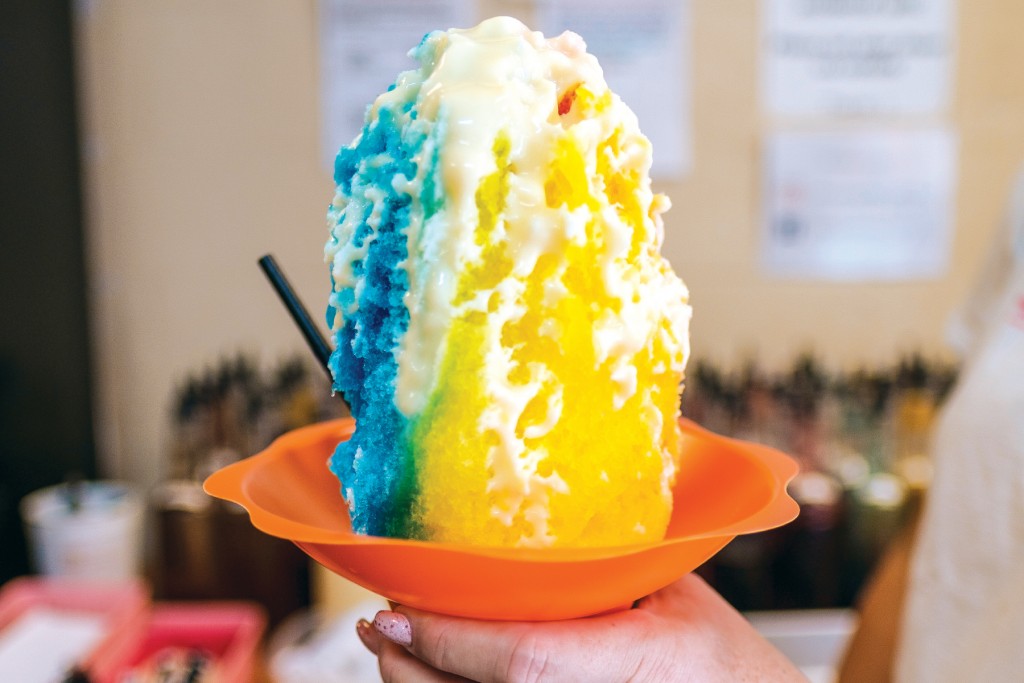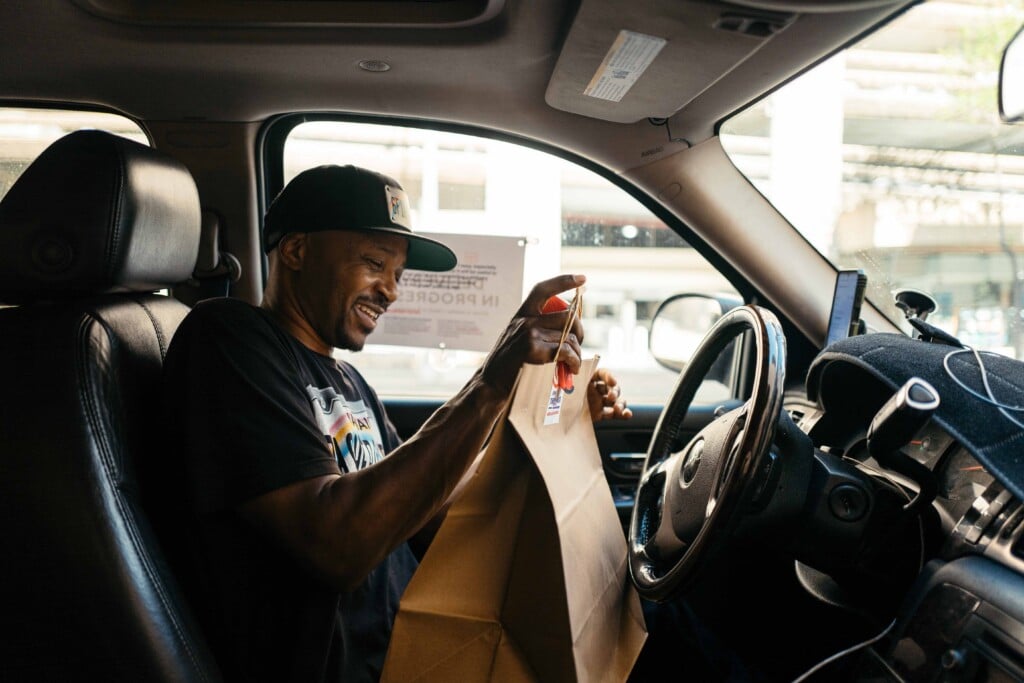Reinventing a Local Tradition: Businesses Helping Each Other
Part one of a series of stories about resilience during the pandemic

The pandemic has crippled thousands of small businesses in Hawai‘i and forced tens of thousands of people to find new jobs. Amid these personal tragedies are stories of grit, perseverance and transformation. Here is one of those stories.
During the first eight months of the pandemic, David Oyadomari says he helped 120 small businesses survive. In fact, many went from the brink of failure to renewed success.
He says he did it by building most of them into networks that supported each other – like the many hui and tanomoshi that helped build businesses among Hawai‘i’s Asian immigrants during the plantation era.
His company, Ekklesia Capital, was bought this year by American Savings Bank, and folded into the bank’s outreach operations, but Oyadomari remains dedicated to spreading the same assistance as much as possible, regardless of whether his client is an ASB customer or not.
But that’s getting ahead of the story. Let’s start at the beginning.
Before the pandemic, Oyadomari had been working in innovation and strategy in retail banking at Bank of Hawaii, all the while looking to help local companies. After leaving the bank, one of his first ideas was to build a fundraising entity that could purchase small companies and keep them based and owned in Hawai‘i. But that idea was overshadowed as the pandemic took over.
“I kept seeing a couple of things happening. Businesses were selling to national firms because they had no other options, or local businesses had no succession plans, or no kids to take over, and just folded up shop. When I saw these restaurants I grew up eating at close down I didn’t know what I wanted to do, but I wanted to find a way to help.”
Oyadomari discovered John Warrillow’s book “Built to Sell,” one of Fortune’s Top 10 books for business owners.
“The premise of his book is when business owners have the lens of an acquirer – whether they intend to sell or not – they will make different decisions so that when they’re ready to exit they’ll get maximum value for the company that’s not overly dependent on the business owner. That really resonated.”
He combined the book’s guidance on common business issues with the principle of tanomoshi – businesses helping each other – on weekly Zoom calls for the first group of small companies that asked for his help.“Being a business owner is so lonely,” he says. “You have a lot of doubts, a lot of questions about what decisions you should make. So each week we would go through a module from the book’s ‘Value Builder’ and one or two business owners would be in the hot seat and would share what’s going on in their life about their businesses.
“The other owners would say, ‘Oh, we could help you with this,’ or ‘Have you thought about this?’ They truly became this support network for one another, and this is where the power came from for the group to help each other.”
Oyadomari formed 10 hui, with anywhere from 4 to 10 businesses in each. Some were composed of similar businesses, others were made up of disparate companies, but he avoided placing competitors in the same group.
The companies were grouped according to three criteria: similarity in size, years in business and the willingness to share. The foundations of Bank of Hawaii and First Hawaiian Bank sponsored several groups. And now, working within ASB, Oyadomari is in the process of creating additional groups.
He also helped individual business owners who did not join a hui. “There are companies who took the ‘Value Builder’ survey to obtain a score and report and receive a free consultation. There are others who attended a webinar. But the majority were part of a hui,” Oyadomari says.
He also pulled in community development financial institutions, which offer support, training and capital to individuals and families, and more recently to small-business owners. ASB will continue and expand the efforts, Oyadomari says, helping save the small unique businesses that strengthen Island culture.
“To me small businesses are the stewards of our culture. When they go under or are forced to sell to a national brand, then part of our culture dies with them. There’s a place for national brands, but if all the local brands are gone we’d look like any other city in the country. They’re who we are, and how do we save that?”






